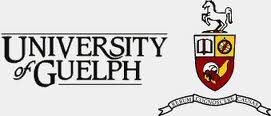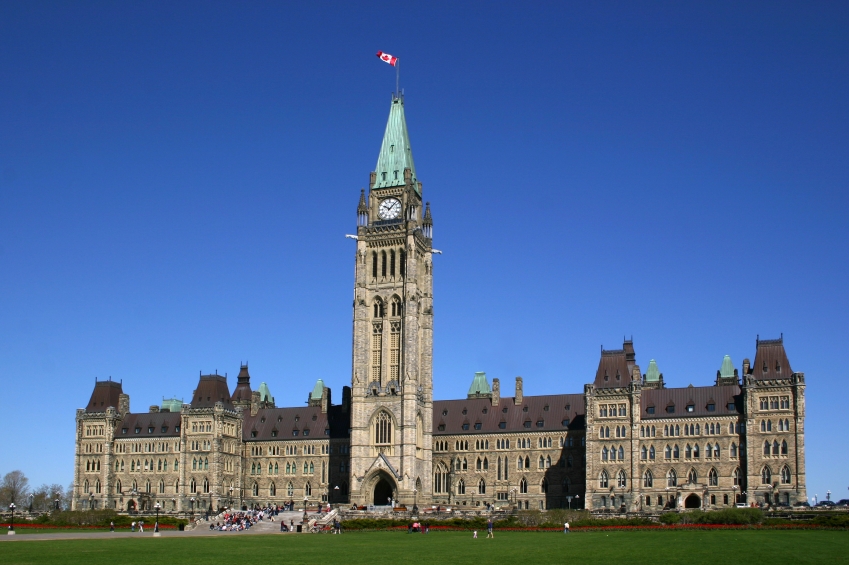An earlier effort to suppress the student vote occurred at the University of Guelph two weeks ago. It now appears the region from Guelph to Kitchener in Ontario was specifically targeted for vote suppression right up to election day.
From yesterday’s National Post:
OTTAWA — Elections Canada is warning voters to be wary of any telephone calls suggesting a change in the location of their polling station.
The federal agency has received reports from ridings across Canada of people calling voters to give false information about polling locations or other changes in voting polls.
“It’s happened in some isolated pockets across the country,” said Elections Canada spokeswoman Diane Benson. “We’re concerned about it. We’re concerned if electors are being given false information.
“We do not communicate with electors by telephone,” she added.
The bogus calls have been made to voters in Guelph, Ont., as well as in Manitoba and B.C., according to media reports.
Frank Valeriote, the Liberal candidate for Guelph, took to Twitter to warn voters in his riding about the bogus calls.
“Guelph voters receiving calls indicating their polling station has changed,” he wrote. “Disregard these calls. It’s a lie to suppress the vote.”
Benson said voters should check their voter information card and can verify their polling station using their postal code at www.elections.ca.
Voters can also call their returning office.
Similar incidents from other parts of the country are being reported by the CBC, along with some telling variations. An excerpt:
A different type of voting problem was experienced by several Montreal voters.
When Robin Warren showed up to vote on Monday, she said her name had been crossed off the voter list.
She had to sign an affidavit swearing she had not voted already.
While Warren was at the polling station, she said another woman who lives in the same apartment complex had an identical problem.
“On my way back home after we dealt with all this I ran into another group of ladies outside and all their names were crossed off the list, and they had to go through the same thing of signing affidavits. There’s something not right here. There’s too many people in one building,” Warren said.
All of these are familiar Republican tactics over the past decade.
Who is most likely responsible for this? Liberals, New Democrats, or Conservatives? Frank Valeriote is the Liberal incumbent in a Liberal stronghold, and the youth vote trends strongly to the New Democrats. That leaves the Conservatives, who we know tried to shut down the University of Guelph special ballot — and who, of course, also happen to employ Republican consulting firms.
How many incidents like these do we not know about? Will Elections Canada be allowed to launch a full investigation? Will those responsible be held accountable?
For the record, it does not matter whether or not these tactics can be regarded to have succeeded on any scale large or small. It only matters that they occurred at all. This needs to be traced to the source.

